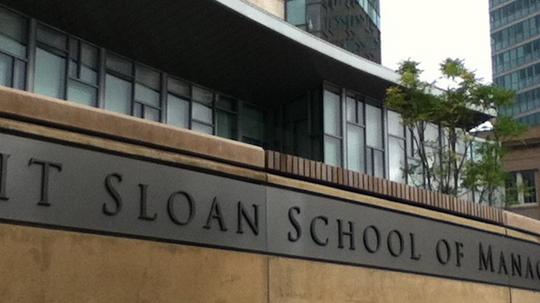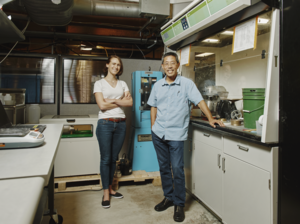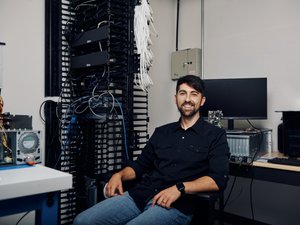
A couple of weeks ago, we mentioned Relativity6, a startup founded by two MIT Sloan alumni, and its intention of raising $500,000 in our Beat newsletter. Now, we’ve found out more about the new venture, which is using machine learning to help companies re-engage unresponsive customers and entice them to start spending money with them again.
Relativity6 came about when its co-founders, Alan Ringvald (formerly of Superdigital) and Abraham Rodriguez (previously of Northrend Centinela), were at MIT Sloan. “Basically, I wrote a thesis with my co-founder while I was at MIT about unresponsive customers. It had been a pain point for both us with our previous businesses,” Ringvald told us.
From their past experiences, Rodriguez and Ringvald know lost customers are a given when you’re running a company. But it’s almost as if businesses were resigned to the fact that they will lose a quarter of their customer base each year.
“After a certain number of months or years after customers made a purchase, companies stop marketing to them,” Ringvald explained. “The assumption was they weren’t interested anymore, which doesn’t make much sense. Just because they haven’t purchased from a particular place in a while, that doesn’t mean they wouldn’t do it again once it becomes relevant to them.”
Rather than solely focusing on customer acquisition, which is notoriously more expensive than maintaining existing customers, Relativity6 is giving companies a means of pinpointing unresponsive customers with the highest probability of returning.
“It’s a matter of retargeting,” Ringvald said. “They already have experience with the company, so there’s no reason they’re not coming back… It’s about right place and right time. It’s important for companies to understand not just who, but when. That’s where our name comes in: It’s about relevance.”
Once Rodriguez developed the machine learning algorithm, the duo used dummy datasets to test it and conduct their research. By June, they spun it out into an actual company and took on nine clients for an unpaid pilot.
“It actually works,” he shared. “It’s been able to predict which unresponsive customers have highest probability of returning, month by month.”
So far, companies using their algorithm have seen two to five percent increase in the reactivation of lost customers. “Not everyone is going to come back, and that’s OK," Ringvald explained. "We’re hoping to show companies the highly targeted segment that will.”
With the funding Relativity6 is raising, the company will be working on product development as a whole. “Our first huge milestone is that we validated our algorithm with real data and it actually works really well,” he said. “Now, it’s like a skeleton with a brain. We want to make it look nice and package it up."
Once the product is more aesthetically appealing, Relativity6 plans to bring on a slew of clients. In addition to the initial unpaid pilots, Relativity6 has already started to bring in paid beta users.
Images via Relativity6.








